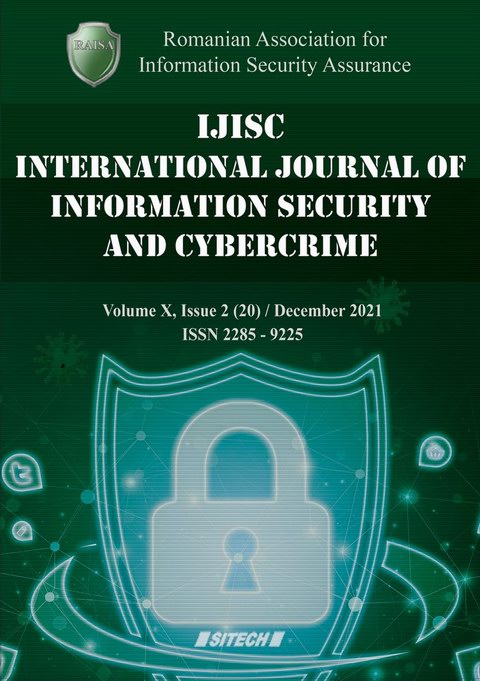The Role of Phishing Victims’ Neuroticism: Reasons Behind the Lack of Consensus
The Role of Phishing Victims’ Neuroticism: Reasons Behind the Lack of Consensus
Author(s): Pablo López-Aguilar, Agusti SolanasSubject(s): Politics / Political Sciences, Politics, Social Sciences, Economy, Psychology, Security and defense, Behaviorism, ICT Information and Communications Technologies
Published by: Asociatia Romana pentru Asigurarea Securitatii Informatiei
Keywords: Cybersecurity; Phishing susceptibility; Neuroticism; Personality traits;
Summary/Abstract: The growing use of electronic devices along with the anxiety resulting from the COVID19 pandemic set the ground for cybercriminals to take advantage of a larger number of victims and undertake their massive phishing campaigns. Technical measures are widely developed, and the human factor is still the weakest link in the chain. Whilst existing literature suggests that the effect of neuroticism, as one of the Big-Five personality traits, might play an important role in human behaviour in the phishing context, results do not provide uniform outcomes with regards to the influence of this trait in phishing victimisation. With the aim to analyse those results, this article provides a synthesis of the studies aimed at improving the understanding of this trait, and collects evidence that the small samples size used in most of the studies along with their lack of uniformity are behind the contradictory conclusions found on the role of neuroticism and human susceptibility to phishing attacks.
Journal: International Journal of Information Security and Cybercrime (IJISC)
- Issue Year: 10/2021
- Issue No: 2
- Page Range: 75-80
- Page Count: 6
- Language: English
- Content File-PDF

